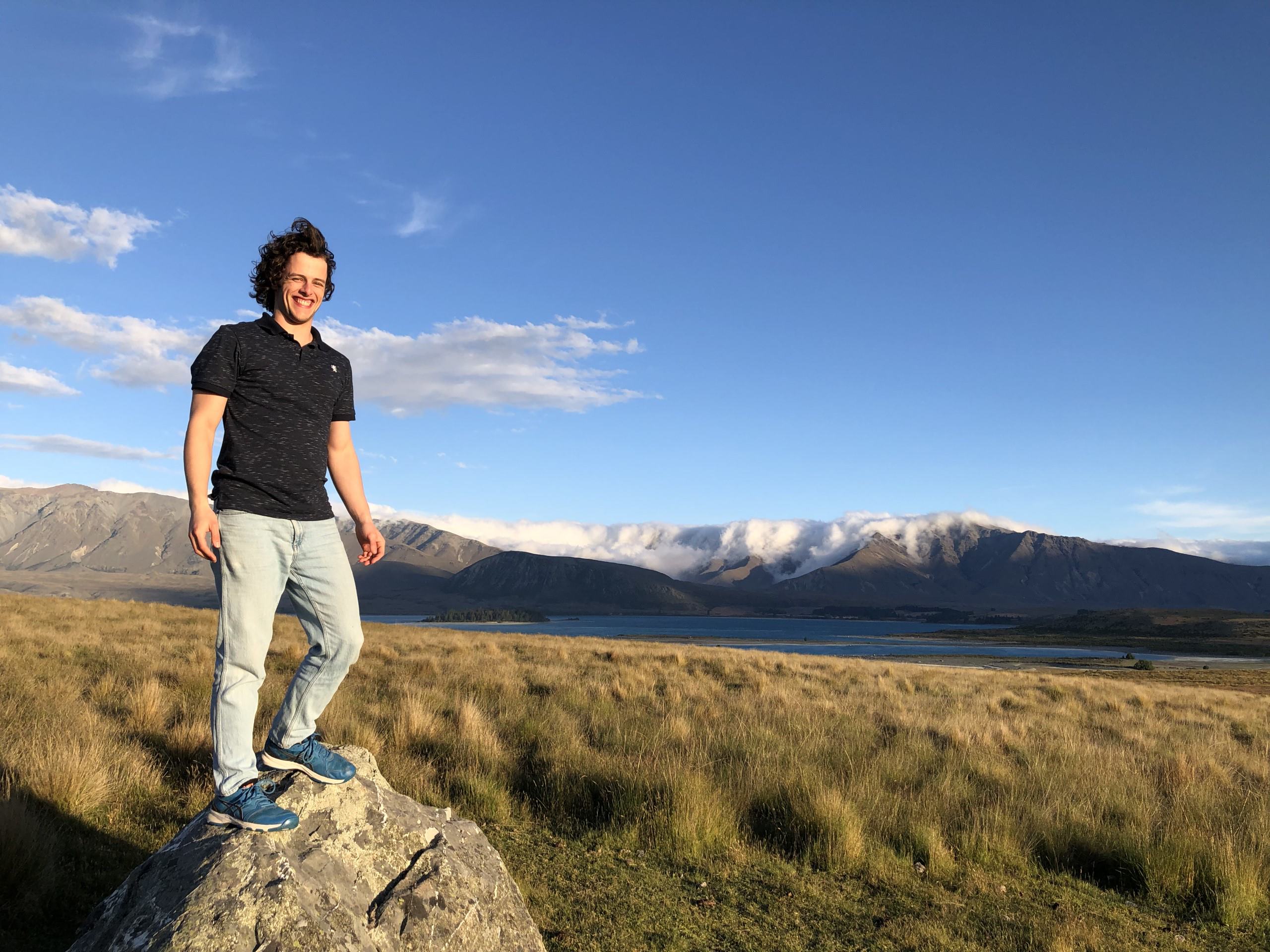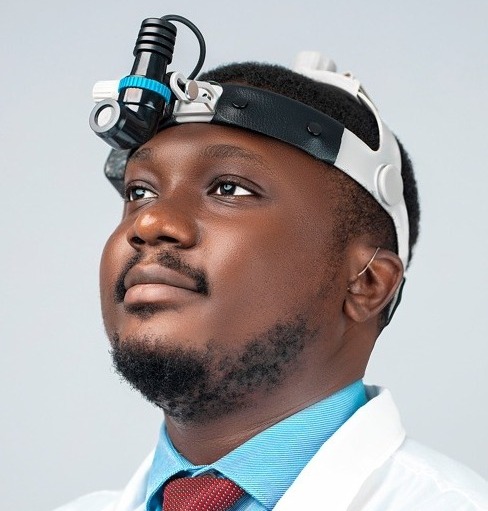
Deaf Community and Deaf Culture
October 16, 2020
Traveling With Hearing Loss
October 20, 2020Comparing deaf services in the UK and US

I was born deaf in the UK and have lived here all my life. Those of us who are deaf in the UK are able to get our hearing devices through the National Health Service (NHS) free of charge, unless we go private. I wondered how deaf services in the UK compared to the US.
Comparing Deaf Services in the UK and US
My curiosity about comparing deaf services in the UK and US was sparked after talking with fellow Phonak “hEARo” Toyosi Alexis for a recent vlog. She shared with me how difficult it is to access health services in Nigeria. It saddened me to realize how little help and support is offered in his country for deaf people.
To find out more about the services provided for deaf people in America, I reached out to another fellow “hEARo” Ashley Derrington. She was able to provide me with insights about what it’s like “over the pond.”
Please note that Ashley’s story may not be representative of everyone in the U.S.
Living with Hearing Loss in the U.S.
Luke: Hello Ashley! Firstly, how are you? How have you been coping with everything that’s been going on?
Ashley: Hi Luke! I’m doing okay, all things considered. It’s been a lot of ups and downs. I remain hopeful and optimistic that the best is yet to come.
Luke: I wanted to reach out to you as I know that you’re based in America. Can you share the story of your deafness?
Ashley: I was born with a severe hearing loss in both ears but was not diagnosed and fitted for hearing aids until I was two years old. I was born six weeks early and was the first child for my parents. The doctors kept telling my parents that my lack of speech was due to being a late bloomer. The hearing issue wasn’t addressed until my mom decided to take me to an audiologist. I’m the only person with hearing loss in my family and was mainstreamed growing up. I never knew anyone else who was deaf until I was in college.
“I never knew anyone else who was deaf until I was in college.”
Luke: Being deaf yourself, would you say it’s easy to access deaf services in America? How do you typically go about it?
Ashley: Growing up I did not find it easy to access deaf services. Because I was mainstreamed, I never really sought out services beyond the ones given to me by my IEP (Individualized Education Program). Thanks to the Internet, though, it feels much easier to find information and access to deaf services and resources now.
Luke: In your opinion, do you think there needs to be change when it comes to basic access for deaf people? If so, what would you suggest?
Ashley: I do. I think that in order to create basic access for deaf people, more awareness needs to be spread, domestically and internationally. Until you’re more aware, you don’t really know what access people need. We can all stand to do a better job, on a human level, of practicing empathy and understanding towards one another and making change from there. Recently several companies have been creating automatic closed captions in their programming or on their platforms. This is a huge step in the right direction. So being open-minded and willing to have a conversation is the first step, in my opinion.
“I think that in order to create basic access for deaf people, more awareness needs to be spread, domestically and internationally.”
Luke: Here in the UK many of us are fortunate to be able to get our hearing aids through our National Health Service (NHS). What is the system like in America? Do you get charged for your hearing devices or do they come free like in the UK?
Ashley: I wish! Unfortunately, it’s not the case here in the US. The rules of insurance coverage and how much of the hearing aid fees insurance will cover is different by state and insurance company. For instance, some states will cover the fees if you’re of a certain age. Some states will cover aids up to a certain amount. I personally have never had an insurance company that has covered my audiology appointments or hearing aids. I’m fortunate that my parents could afford to cover all of those astronomical fees.
Read more: A State-by-State Guide for Hearing Aid Insurance
Luke: What is the general consensus of deaf people’s thoughts about American deaf services?
Ashley: To be honest, I don’t have an answer. There’s such a wide spectrum of deafness. Those who identify strongly with Deaf culture may feel differently from myself. In general, though, I’d say we might all agree that there could be easier access to services, rather than us having to dig for everything or feeling guilty about having to ask for accessibility, especially in the workplace or public spaces.
Luke: Lastly, could you list three things that you would like to see change when it comes to accessing deaf services that you think are done well in other countries?
Ashley:
- Financial coverage for assistive hearing devices and services
- Mandatory closed captioning on video/audio everywhere possible
- This is not necessarily directly deaf services related, but would love more general education/awareness around deaf or disabilities in all schools (i.e. offer ASL classes or a culture course)
Final thoughts: Deaf services in the UK and US
Thank you Ashley, for giving us all a better insight by highlighting what it’s like in terms of being deaf over in America! One thing that struck me was when you mentioned offering ASL classes or a culture course. I think this is something that needs to be taught in all schools here in the UK.
While our differences may be vast when it comes to accessing deaf services and healthcare, one thing that unites us is our deafness.



